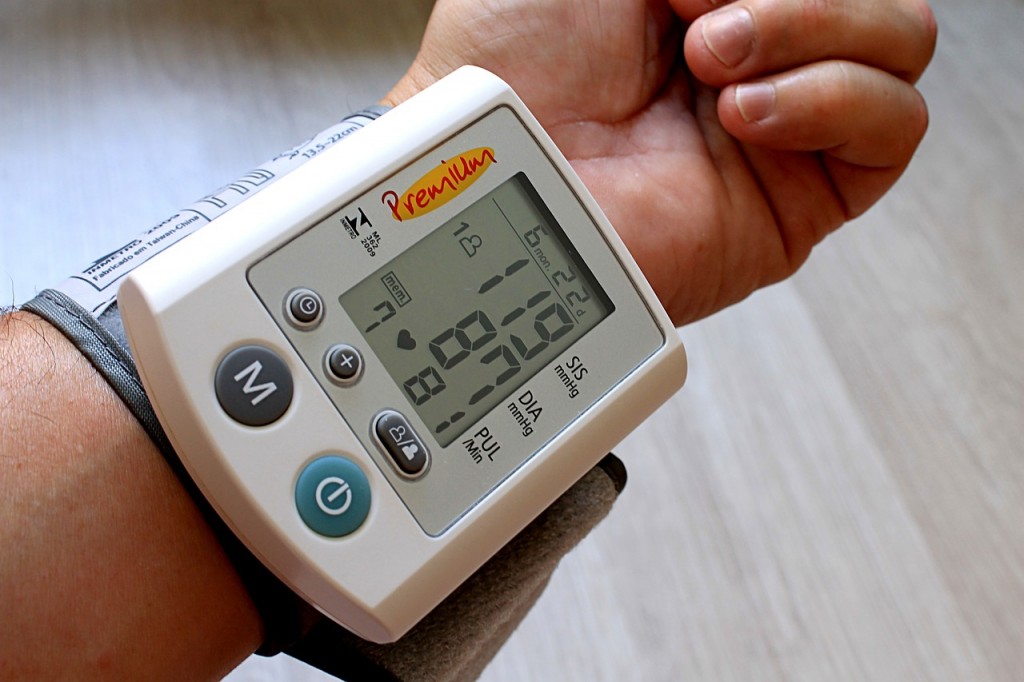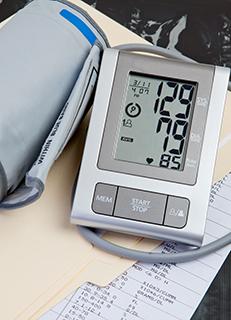A woman's physical fitness level may mitigate the effect of stress on her risk of developing high blood pressure, according to a new study.
"We think these initial findings are sufficiently positive to encourage a randomized controlled trial that will provide a better test of the independent effects of cardiorespiratory fitness on � responses during stress," says author Rod K. Dishman, Ph.D., in the September issue of the journal Psychophysiology.
Dishman and his colleagues recruited 13 men and 13 women with normal blood pressure whose average age was mid-20s. All subjects reported that they exercised either moderately or vigorously at least three times a week during the past year. Participants' fitness levels were determined by measuring their oxygen use during stationary biking.
Participants were given three tests. First, they performed mental arithmetic by subtracting a two-digit number from a four-digit number without using a calculator or paper and pencil. They were also given a test in which they placed an ice bag on their forehead for two minutes, and another test in which they immersed their right hand in ice water for two minutes. During the tests, researchers measured subjects' blood pressure, heart rate, breathing frequency and blood flow to the calf muscle.
The mental arithmetic test increased both systolic and diastolic blood pressures, the researchers found, as well as blood flow to the calf muscle. The hand/ice water test also resulted in increased blood pressure readings but no changes in calf blood flow. The forehead/icebag test increased blood pressure readings only slightly, but decreased calf blood flow.
One of the most interesting findings was that the women who were more fit had less of an increase in systolic blood pressure during the hand/ice water test. Other than that, fitness levels did not affect blood pressure changes during the test, they note.
Continue Reading Below ↓↓↓
"The blunted systolic blood pressure response � among the fitter women has implications for clarifying the usefulness of the [hand in ice test] as a predictor of future risk of hypertension among women," the authors write. In future studies of the test's value, participants' fitness levels must be further examined, they add.
Fitter subjects also had an increased heart rate during the mental arithmetic test compared with less fit participants, but also pumped a lower volume of blood with each beat, so that blood pressure and output from the heart remained constant.
Source: Center for the Advancement of Health










